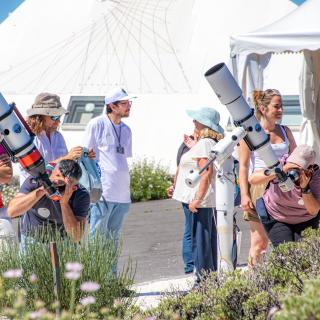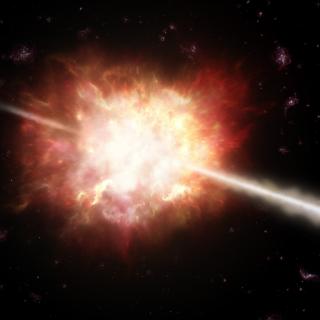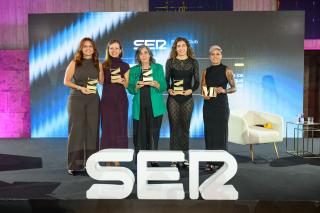Advertised on
Al acto de asistieron el director general del FREMAP en Tenerife, Juan Carlos Perdomo, y en representación del IAC, el subdirector del centro, Carlos Martínez Roger, el Administrador de los Servicios Generales, Jesús Burgos, y el responsable de Recursos Humanos, Alfonso Ruigómez.


